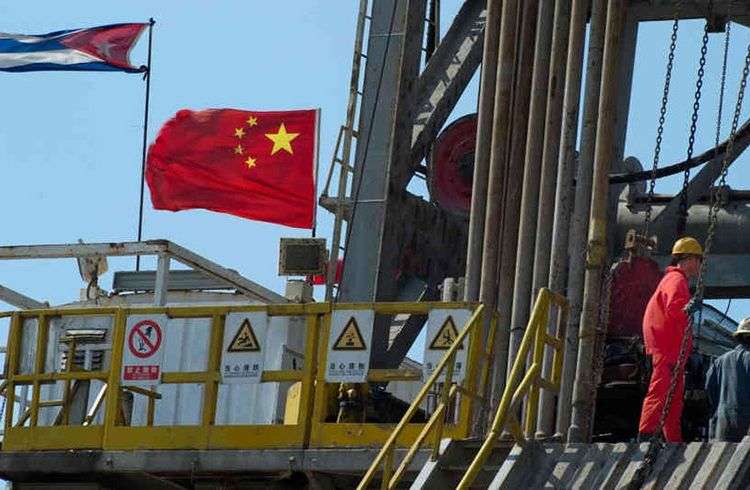Conviction, patience, persistence, determination and knowledge: such were the recommendations Tuo Zhang, Chinese Ambassador to Havana, made refereeing to the possible increase of trade between Cuba and his country.
Two Chinese business delegations yesterday participated in a business forum and a seminar on investments, respectively, where they obtained information about the prospects of the Special development Zone Mariel and Act 118, as well as initiatives with foreign participation in tourism, renewable energy and biotechnology.
In this latter a collaboration agreement was signed, and another was signed by the Chamber of Commerce of Cuba and the Trade Development Bureau of China, seeking to strengthen the exchange and linkages already established. Chenghai Sun, CEO of the Bureau, expressed the interest of the mission for seafood and minerals, and spoke of the traditional sympathy and good economic and trade relations between the two countries.
“The close ties of friendship existing between the two countries have had an indisputable reflection in multiple projects of trade and cooperation developed, many of them with great social impact,” President of Cuba Raul Castro said recently.
China currently ranks second among the partners of the island, preceded by Venezuela. Transportation, and telecommunications, food, health, oil prospecting and exploitation, are some areas where its presence is evident.
The visit comes in the context of Latin American tour by President Xi Jinping, who had been in Cuba in 2011. “Both sides should strengthen high-level contacts, share experiences of governance, accelerating steps of cooperation in the sectors priority as agriculture, infrastructure construction, energy and mining, tourism, renewable energy and biotechnology, “said the head of state to the press a few days ago, referring to his stopover in Cuba.
Months ago, Rodrigo Malmierca, Minister of Foreign Trade and Foreign Investment presented the potential of Special Zone Development Mariel in China. In 2012 the Center for Genetic Engineering and Biotechnology, Electronics Group, and the Ministry of Informatics and Communications signed several cooperation agreements with companies in Shandong Province. Also, last November the country participated in the VII Latin America -China Business Summit, and joined the Business Committee related to that institution.
Business alliances with Beijing are then placed in the area of its projection to the continent, and the web of relationships emerged from its proximity to Brazil and Russia as part of the BRICS. This is confirmed by the recent meeting of the second largest economy with the quartet of CELAC (Cuba, Ecuador, Costa Rica and Antigua and Barbuda) and several leaders of the region.
Elda Molina and Eduardo Regalado, experts of the Research Center for International Economics and the Center for International Policy Research, respectively, say that China is providing alternatives to underdeveloped nations to counterbalance the supremacy of the major Western powers. As anticipating possible suspicions, President Xi said that his country “discards the outdated logic to be big is to be hegemonic.”
The fact is that right now China ranks as second largest trading partner and third largest source of investment in Latin America and the Caribbean. Some numbers illustrate this phenomenon: the movement of Chinese capital to Venezuela exceeds 40 billion dollars, while the mutual transactions with Brazil totaled more than 90 billion in 2013.
During the next International Fair of Havana in November, will be the X Session of the Cuba-China Business Committee. The possibilities multiply in spaces like FIHAV; it will be the first big date with entrepreneurs around the world in which the new Law on Foreign Investment will be already in force and the Mariel Zone running.










